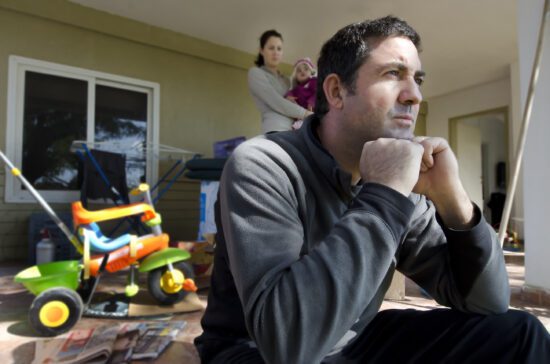While the Bible supports loans made at reasonable interest charges, it denounces usurious practices, and Southern Baptists do, as well (Deut. 23:19-20; Ex. 22:25-27; Matt. 25:14-30). In 2014, our Convention passed a resolution that “admonish[ed] those who are engaged in the practice of predatory payday lending to consider the great damage they are causing in the lives of vulnerable people and to adopt a just lending model.”All people are created in God’s image and deserve to be treated as people of worth, and the task given humanity by God requires that we seek the best for each other, not predatory gain at others’ expense. Christians should recognize that those who take advantage of people in desperate situations ignore Jesus’ concern for the vulnerable and undermine the dignity of borrowers (Matt. 25:40).
Payday lending is the practice of lending small amounts of money, usually $350 or less, for two-week periods (i.e., until their next payday). In return, the borrower pays interest on the loan when it is due at the end of the loan period. While a short-term loan like this can provide an important service, the terms of the loan often lead to more difficulty on the part of the borrower.
Payday loans are often considered predatory because of the outrageous interest rates pinned on the loans—rates that are often veiled by the use of unclear financial speak. Finding themselves in a financial hole, many of our neighbors look to dig themselves out through payday loans. Unfortunately, payday loans often trap consumers in an even greater conundrum. One study found that “the typical payday borrower pays back $793 for an initial $325 loan” and, on average, “takes out 9 loans a year.” These loans often lead to more financial hardship and vulnerability for borrowers.
In addition to the high interest rates and unclear language, this business model creates a destructive cycle that can trap borrowers almost indefinitely. Payday loans are typically eligible for renewal when a borrower is unable to repay the loan in full. Loaners profit from borrowers’ inability to pay back their loans, metastasizing their dues and eventually saddling them with a sizable amount of long-term debt.
The ERLC supports the Veterans and Consumers Fair Credit Act which would cap payday loans for all individuals at the 36% cap given to active duty military. The ERLC has long sought to shed light on the predatory nature of payday lending. These practices should be regulated to restrict this industry’s ability to prey on the poor and vulnerable.









